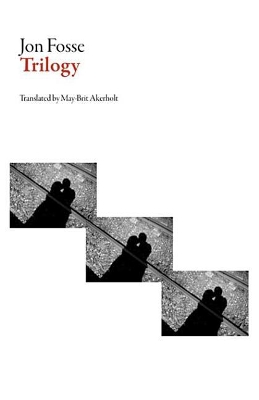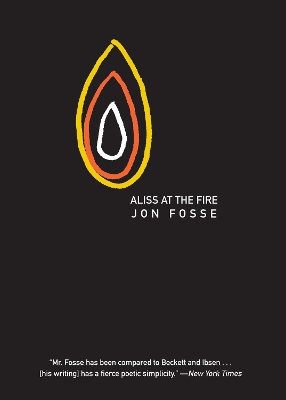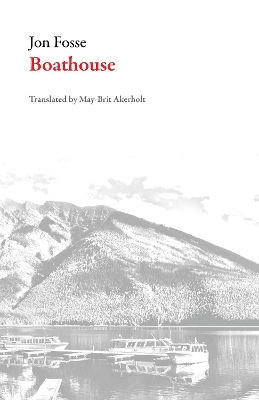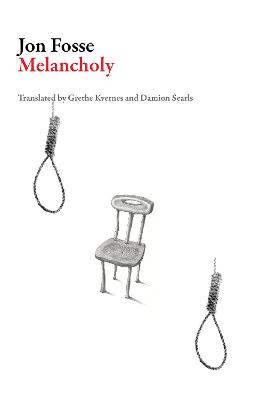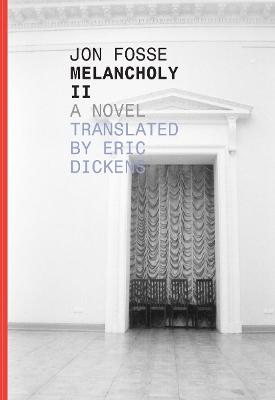Norwegian Literature
5 total works
Trilogy is Jon Fosse's critically acclaimed, luminous love story about Asle and Alida, two lovers trying to find their place in this world. Homeless and sleepless, they wander around Bergen in the rain, trying to make a life for themselves and the child they expect. Through a rich web of historical, cultural, and theological allusions, Fosse constructs a modern parable of injustice, resistance, crime, and redemption. Consisting of three novellas (Wakefulness, Olav's Dreams, and Weariness), Trilogy is a haunting, mysterious, and poignant evocation of love, for which Fosse received The Nordic Council's Prize for Literature in 2015.
In her old house by the fjord, Signe lies on a bench and sees a vision of herself as she was more than twenty years earlier: standing by the window waiting for her husband Asle, on that terrible late November day when he took his rowboat out onto the water and never returned. Her memories widen out to include their whole life together, and beyond: the bonds of family and the battles with implacable nature stretching back over five generations, to Asle’s great-great-grandmother Aliss. In Jon Fosse’s vivid, hallucinatory prose, all these moments in time inhabit the same space, and the ghosts of the past collide with those who still live on. Aliss at the Fire is a visionary masterpiece, a haunting exploration of love and loss that ranks among the greatest meditations on marriage and human fate.
One of Jon Fosse’s most acclaimed novels, Boathouse is told from the perspective of an unnamed narrator leading a largely hermit-like existence until he unexpectedly encounters a long-lost childhood friend and his wife. Told partially in a stream-of-consciousness style and with an atmosphere reminiscent of a gripping crime novel, Boathouse slowly unravels the story of a love triangle leading to jealousy, betrayal, and eventually death.
In real life, Lars Hertervig would become, along with Edvard Munch, one of Norway’s most renowned painters—but in Melancholy he is a promising young artist tortured by doubt and unhinged by unrequited love. After agonizing over his work, drinking alone in a student bar, and obsessively revisiting the loss of his great love, he quits painting entirely, suffers a nervous collapse, and finds himself incarcerated in an insane asylum.
Told with a seamlessly powerful and compulsive voice, the narrator’s art becomes, in the end, a means of extricating himself from the tortures of love. “I’ll get away from Gaustad Asylum,” he says when he’s finally released, “and I’ll paint your picture away.”
Not so much a sequel as an alternate perspective, Jon Fosse’s coda to his brilliant and much-lauded Melancholy picks up the story of tormented landscape painter Lars Hertervig in 1902, shortly after his death. Taking place, like Melancholy, over the course of a single day, it treats us to the thoughts of Hertervig’s sister, carrying on with her life in the absence of her eccentric brother. She recalls their childhood under a domineering father, remembering Hertervig’s difficulties fitting in, and likewise Hertervig the man: poor, always hovering on the brink, fanatical about painting and his own perceived shortcomings as an artist and human being. In the same hypnotic prose for which Fosse is famous, Melancholy II serves as an investigation not only into the “collateral damage” wrought by art and artists, but into a master’s tools and obsessions as well.
